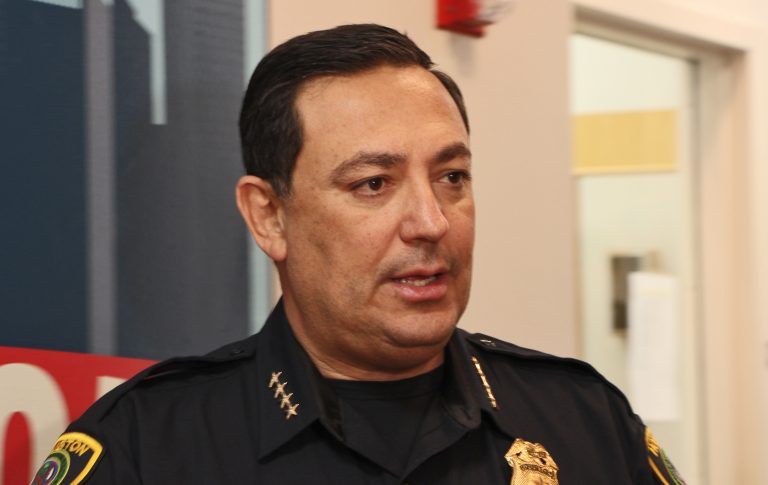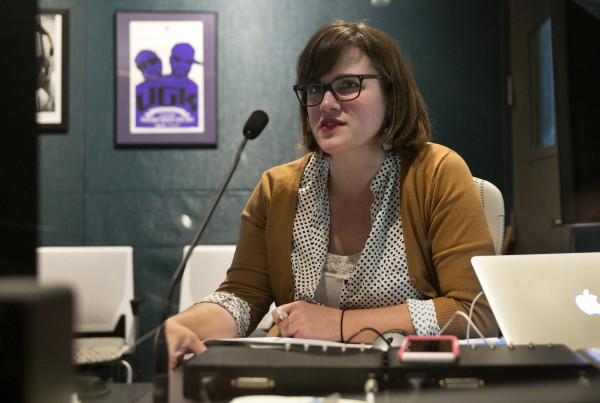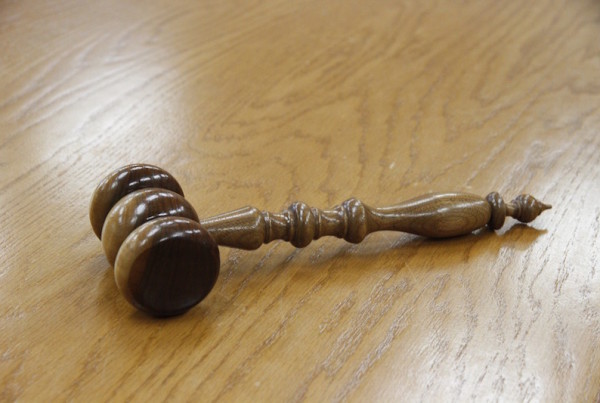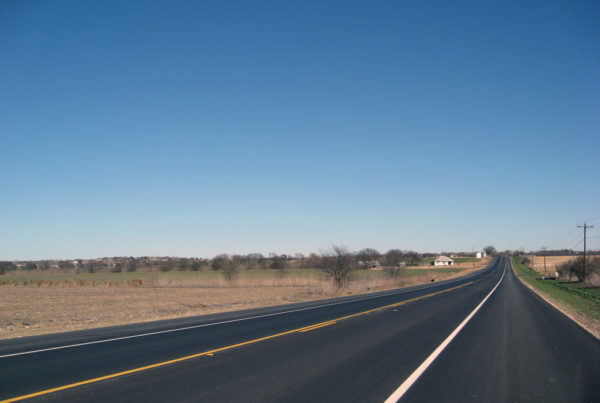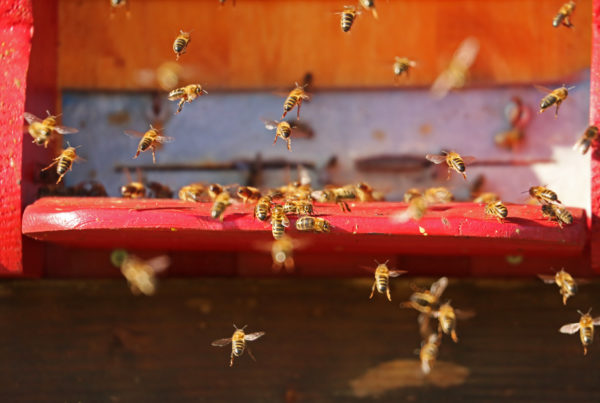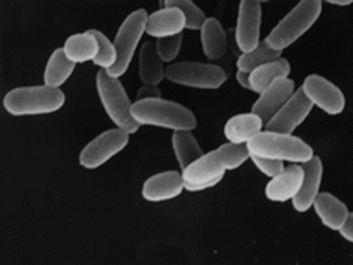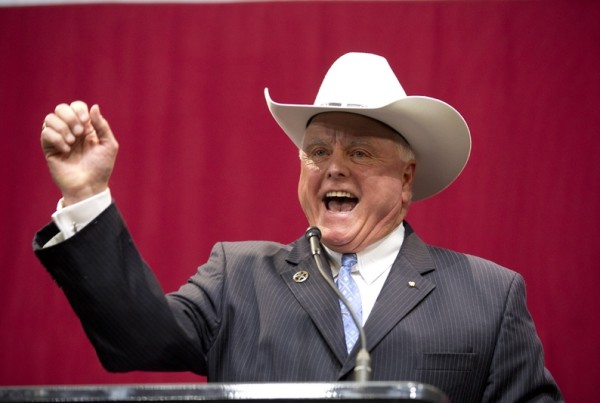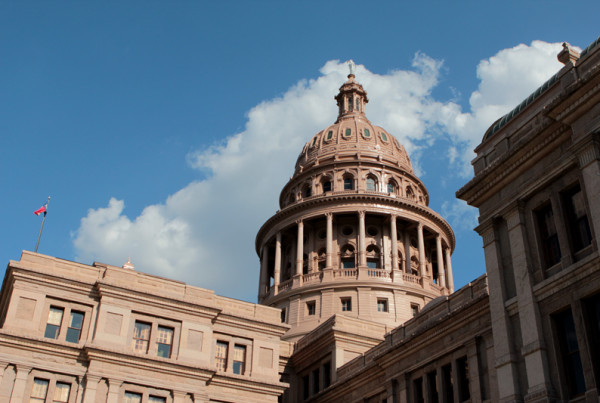From Houston Public Media:
The fact the Houston Police Department (HPD) could use more officers is one that practically everybody acknowledges, including the recently appointed Chief Art Acevedo and Mayor Sylvester Turner.
“I said early on we needed about another five or six hundred and we still need about another five to six hundred,” Turner said when asked about this topic after a recent meeting of the Houston City Council.
Currently, HPD has roughly 5,200 officers and Turner wants to add approximately 540 by 2020.
That makes sense to Acevedo, who says he is “hopeful in the next couple of years we’ll get that done.”
However, some experts like Larry Hoover, who directs the Police Research Center at the Sam Houston State University, think having around 6,000 officers isn’t enough.
Hoover worked on a study about staffing levels for HPD in 2014 and thinks the department should aim for goals like response times to 911 calls that are not greater than five minutes.
In order to achieve that, Hoover says they would need more officers than what the mayor and the chief have in mind.
“To reach what I would deem to be reasonable performance levels would require 1,174 additional sworn officers,” Hoover notes.
That number is consistent with what former HPD Chief Charles McClelland indicated in a 2014 report about staffing improvements for the department.
That report was partly based on Hoover’s study, which was co-authored by the Police Executive Research Forum.
Hoover also addresses how HPD fares compared to the police department in Chicago, a city Houston is frequently compared to because it is currently the third largest in the United States, while Houston is the fourth.
With the Windy City having approximately only half a million more residents than Houston, its police department currently has 12,400 patrol officers.
That is more than double the size of HPD’s.
However, Hoover says the population density is higher in Chicago and, therefore, the comparison isn’t totally logical.
He explains it makes more sense to compare Houston with cities such as Los Angeles, San Diego and Seattle, which also have very spread out populations.
In that sense, Hoover considers Houston’s police force numbers in the middle range but, still, understaffed.
One point on which everyone agrees is that, with more patrol officers, HPD would improve its community policing.
That is a concept Acevedo wants to continue and grow at HPD.
“Community policing is about what I call relational policing and we make about 1.5 million calls per year for service and that’s 1.5 million opportunities we have as a police department to establish a relationship,” says the chief.
Jasmine Gutierrez, an HPD officer who has just graduated from the Houston Police Academy, thinks the practice of interacting in a more friendly and frequent way with the public can be very productive.
“By doing that,” Gutierrez said after being sworn in on January 11th, “we can always create that bond with other people that makes them want to tell us stuff and, who knows, maybe they could help us solve crimes down the road that are really hard to crack.”


